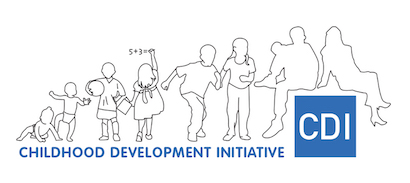November 2014: When we try to bring about change, we often look at what others have already tried to do about the problem. People working in social fields have thought about how this for a long time. Many different terms are used to describe it: knowledge transfer, dissemination, diffusion, replication, scaling up, going to scale.
More recently, the field of implementation science is especially concerned with how to implement evidence-based programmes or initiatives in settings that are different from where the programme was developed. It’s really important to study replication so that we can understand what kinds of things influence the operation of a programme in other settings and learn how to communicate and support putting ideas into practice.
A case study is a very flexible research design. Using this approach, we are able to look at real-life situations and examine a wide range of events and influences, telling the story of what happened but also how people thought and felt about what happened and what they did as a result.
The case study of the replication of the Doodle Den programme in three Limerick schools is the story of replication of a literacy programme whose value was already clearly demonstrated. The value of the case study is that it tells the story of the replication process as it actually happened, from several different points of view: the developers and promoters of the programme; managers and administrators of the programme in Limerick; the school principals and the teachers and youth workers who made up the teams of facilitators.
By interviewing the people who were on the ground, making Doodle Den work in Limerick, the case study is able both to describe, in a rich and detailed way, the experience of these participants and to identify common themes, experiences and issues that people in all of these groups identified. The rich description allows people who might be thinking of putting Doodle Den into practice to have a picture of what is involved and what it would take, what is good about the experience and what might be challenging.
The common themes and issues allows CDI, as developer and promoter of the programme, to acknowledge this learning in future replications, to address issues of sequencing or information and, in some cases, to fill gaps in knowledge with resources, opportunities and supports. The replication case study also allows the School Completion Programme to demonstrate the role of SCP workers as managers of Doodle Den, as facilitators and as key resources for strengthening the relationship with the school and between the school and parents.
Most importantly, this kind of case study is both an acknowledgement and celebration of the particular and different skills of principals, teachers and SCP workers and a demonstration of the requirement for all of these skills to be in place in order to achieve good outcomes for children.
Doodle Den has a comprehensive manual and a rich set of resource materials. Even so, the case study shows that putting Doodle Den into practice is a complex and difficult process. The case study clearly shows that the good will, energy, competence, capacity, effective relationships within schools and between schools and the School Completion Programme, as well as the solid grounding in the professional skills of teachers and youthworkers, were all needed for Doodle Den to work in Limerick.
The ongoing support and responsiveness from CDI was a critical dimension throughout the replication process and all those involved identified this as a crucial element.
Mary Rafferty, Social Researcher





